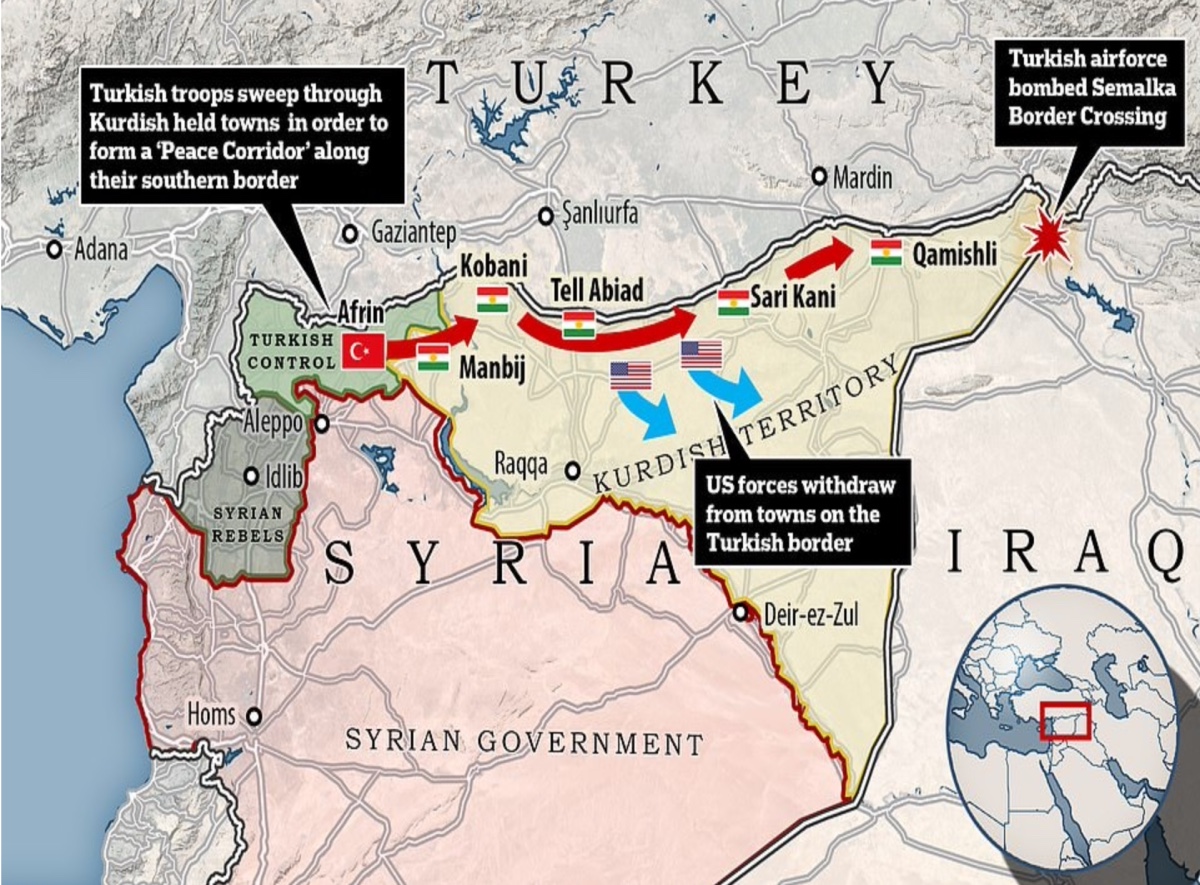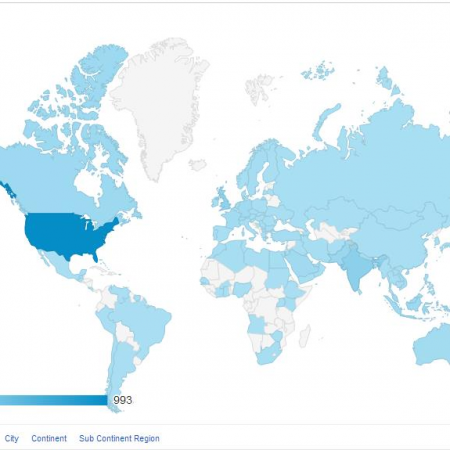Brutal Crackdown in Moderate Bahrain
By Nicholas D. Kristof
MANAMA, Bahrain–As a reporter, you sometimes become numbed to sadness. But it is just plain heartbreaking to be in modern, moderate Bahrain today and watch as a critical American ally uses tanks, troops, guns and clubs to crush a peaceful democracy movement and then lie about it.
This kind of brutal repression is normally confined to remote and backward nations, but this is Bahrain! An international banking center. An important American naval base, home of the Fifth Fleet. A wealthy and well-educated nation with a large middle class and cosmopolitan values.
To be here and see corpses of protesters with gunshot wounds, to hear an eyewitness account of an execution of a handcuffed protester, to interview paramedics who say they were beaten for trying to treat the injured – yes, all that just breaks my heart.
So here’s what happened.
The pro-democracy movement has bubbled for decades in Bahrain, but it found new strength after the overthrow of the dictatorships in Tunisia and Egypt. Then the Bahrain government attacked the protesters early this week with stunning brutality, firing tear gas, rubber bullets and shotgun pellets at small groups of peaceful, unarmed demonstrators. Two demonstrators were killed (one while walking in a funeral procession), and widespread public outrage gave a huge boost to the democracy movement.
King Hamad initially pulled the police back, but early on Thursday morning he sent in the riot police, who went in with guns blazing.
Bahrain television has claimed that the protesters were armed with swords and threatening security – that’s preposterous. I was on the roundabout earlier that night and saw many thousands of people, including large numbers of women and children, even babies. Many were asleep.
I was not at the roundabout at the time of the attack, but afterward at the main hospital (one of at least three to receive casualties) I saw the effects. More than 600 people were treated with injuries, overwhelmingly men but including small numbers of women and children.
One nurse told me that she was on the roundabout and saw a young man of about 24, handcuffed and then beaten by a group of police. She said she then watched as they executed him at point-blank range with a gun. The nurse told me her name, but I will not use full names of some people in this column to avoid putting them at greater risk.
Dr. Ahmed Jamal, the president of the Bahrain Medical Society, said that one doctor, Sadiq Ekri, a surgeon, had been badly beaten by riot police while attempting to treat the injured. Dr. Ekri has a suspected fracture at the base of his skull, according to Dr. Jamal.
Dr. Jamal also said that the authorities are suspected of taking other injured people to prison, and he called on the government to allow the wounded to be treated.
Three ambulance drivers or paramedics told me that they had been pulled out of their ambulances and beaten by the police. One, Jameel, whose head was bandaged and his arm was in a cast, told me that police had clubbed him and that a senior officer had then told him: “If I see you again, I’ll kill you.â€
A fourth ambulance driver, Osama, was unhurt but said that a military officer – whom he said was a Saudi, based on his accent in Arabic – held a gun to his head and warned him to drive away or be shot. (By many accounts, Saudi tanks and other military forces participated in the attack, but I can’t verify that).
The hospital staff told me that ambulance service has now been frozen, with no ambulances going out on calls except with approval of the Interior Ministry.
Some of the victims, though not all, said that the riot police shouted anti-Shiite curses when they attacked the protesters, who were overwhelmingly Shiite. Sectarianism is particularly delicate in Bahrain because the Sunni royal family, the Khalifas, presides over a country that is predominately Shiite, and Shiites often complain of discrimination by the government.
Hospital corridors were also full of frantic mothers searching desperately for children who had gone missing in the attack.
In the hospital mortuary, I found three corpses with gunshot wounds.
One man had much of his head blown off with what mortuary staff said was a gunshot wound. Ahmed Abutaki, a 29-year-old laborer, stood by the body of his 22-year-old brother, Mahmood, who died of a shotgun blast.
Ahmed said he blamed King Hamad, and many other protesters at the hospital were also demanding the ouster of the king. I think he has a point: when a king opens fire on his people, he no longer deserves to be ruler. That might be the only way to purge this land of ineffable heartbreak.
13-9















2011
862 views
views
0
comments